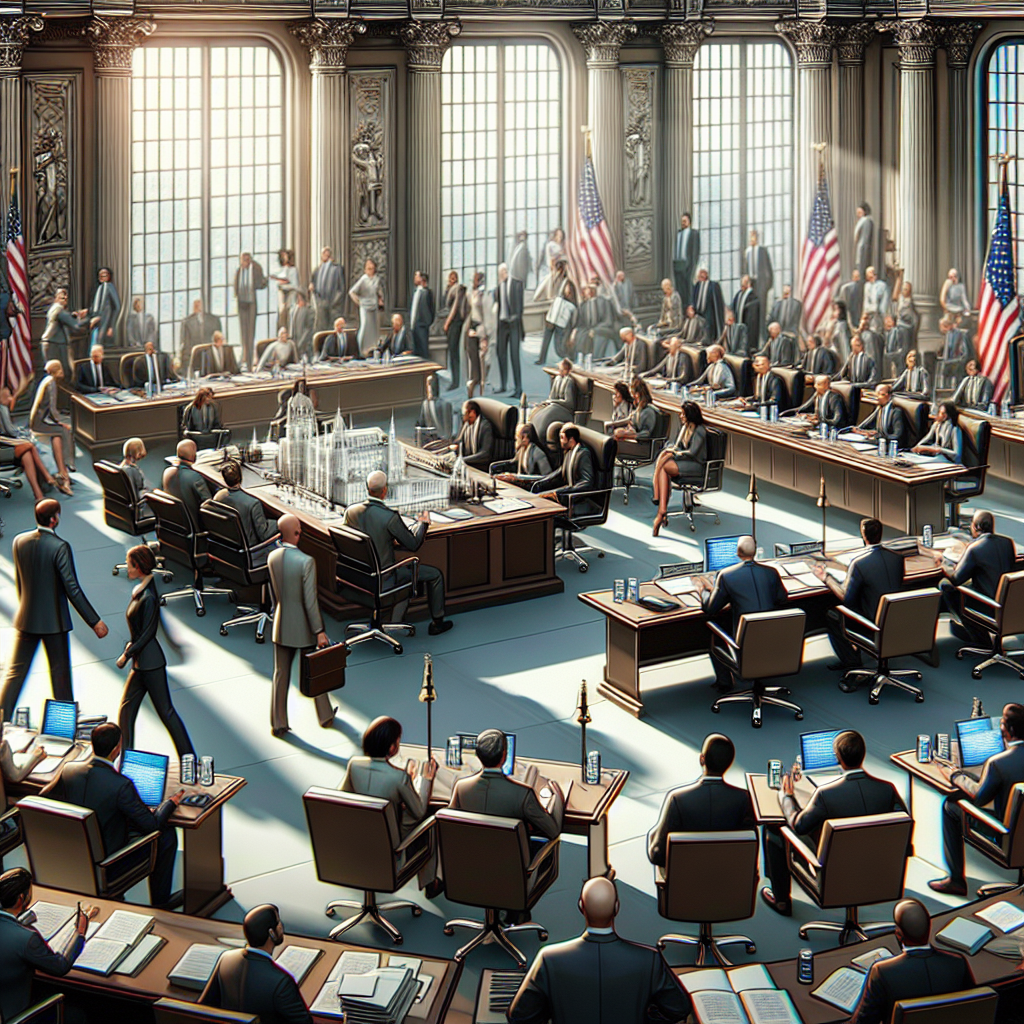UK Government Revises AI Copyright Bill
In 1710, Britain enacted the Statute of Anne, the world’s first copyright law, laying the foundation for centuries of authors’ rights. More than 300 years later, the country is once again at the forefront of legal innovation—this time, amid the rise of artificial intelligence. In a move aimed at calming growing opposition, the UK government has revised the AI Copyright Bill, pledging to strike a careful balance between technological progress and the protection of creative rights.
A Tug-of-War Between Innovation and Intellectual Property
The original draft of the AI Copyright Bill had triggered fierce backlash from authors, musicians, and digital rights groups, who feared it would grant AI developers unchecked access to copyrighted works for training large language models and other generative AI systems. Critics claimed the bill risked undermining human creativity by enabling tech companies to use works without adequate permissions or compensation.
Following this uproar, the UK’s Department for Science, Innovation and Technology (DSIT) introduced a set of amendments designed to placate stakeholders across both the tech and creative industries. Under the latest revisions, AI firms will be required to obtain licenses when scraping copyrighted materials for training purposes. This development marks a notable shift from the government’s initial stance, which leaned toward broader data-mining exemptions for AI developers.
Industry and Artist Reactions
Creative professionals welcomed the changes as a step in the right direction. Organizations such as the Society of Authors and the British Phonographic Industry expressed cautious optimism that the bill would now acknowledge the value of original content in an AI-driven world.
Meanwhile, major tech stakeholders voiced concern that the updated legislation may create friction in AI innovation. Developers argue that requiring licenses for dataset use could restrict access to critical resources and hinder the UK’s competitiveness in the global AI race.
Key Changes in the Revised Bill
- Mandatory licensing: AI firms must now secure licenses for datasets containing copyrighted material.
- Transparency obligations: The bill introduces clearer disclosure requirements for how AI models are trained.
- New oversight body: A proposed advisory committee will monitor the intersection of copyright and AI, providing guidance to policymakers and industry players.
A Global Ripple Effect
The UK’s updated approach reflects a broader trend of governments grappling with the legal implications of generative AI. The European Union has been progressing with its AI Act, while the United States is still in the exploratory phase of establishing robust AI regulations. As each jurisdiction forges its path, the UK’s attempt to mediate between creators and coders may influence international frameworks.
Critics argue that a loophole-rich copyright regime could leave artists vulnerable across borders unless global agreements are forged. For now, the UK seems to be betting on compromise and consultation rather than confrontation with its revised legislation.
What’s Next?
The amended AI Copyright Bill is expected to go through further parliamentary scrutiny before becoming law later this year. Stakeholders from all sides will be closely watching the final details, hoping the new law secures both economic growth and cultural preservation.
For a deeper analysis of the UK copyright debates and AI policy shifts, read the original article from The Guardian.

